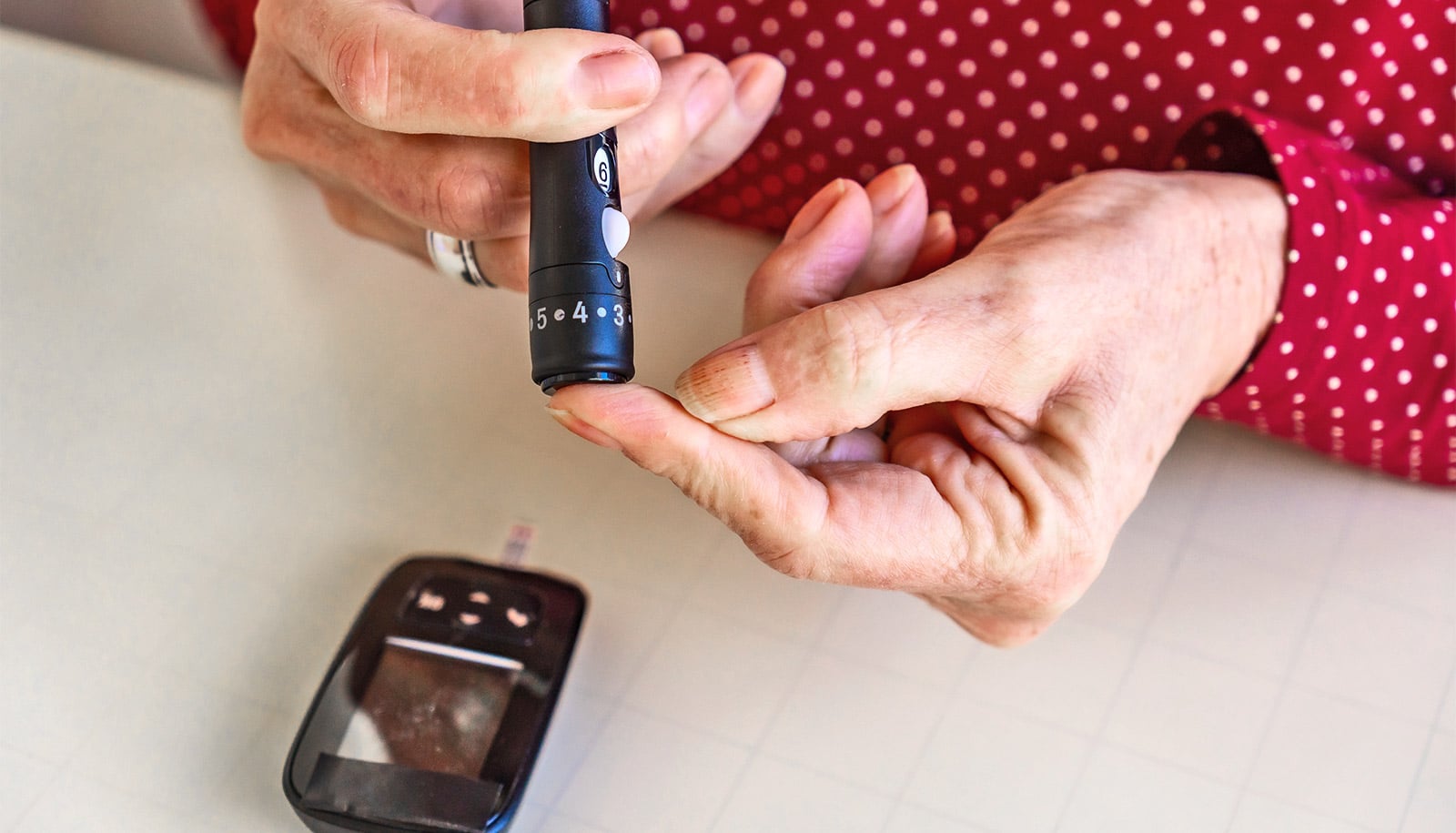Your life in stars
Although around a quarter of Americans swear by astrology and its potential to shape lives, science has never been convinced. In fact, the notion that celestial bodies can significantly influence our lives or that a zodiac sign plays a role in defining an individual’s core traits seems so ridiculous that most dismiss it entirely.
However, that doesn’t mean some haven’t tried to validate astrology empirically. Although funding is hard to come by, studies have time and time again shown that astrology is bogus. The most recent attempt comes from researchers led by Spencer Greenberg from Clearer Thinking, a startup that uses research about human behavior to build tools that help people achieve their goals.
Earlier this year, Greenberg and colleagues first ran a small study that attempted to predict 37 facts about people’s lives using their astrological sun signs.
“While personality tests were able to predict these facts decently well, sun signs couldn’t predict even a single one of them,” Greenberg wrote on X.
As you might imagine, these results received a lot of backlash. Responding to criticism from astrologers about previous research, the team devised a new study. This time, they designed the study with the help of six experienced astrologers so that predictions use a person’s entire astrological chart.
A new study, this time with experts
The study then enlisted 152 experienced astrologers who each received a lot of information about twelve real people. The personal information included answers to 43 questions about each person’s life and personality, along with five full astrological charts. The astrologers had to determine the person’s real natal chart — the other four were decoys. Astrologers believed they could perform this task well above chance. However, the results told a different story.
“One of the most fundamental claims of astrology is that a person’s natal chart contains information about that person’s life and character. If true, astrologers should be able to correctly choose a person’s chart at a rate well above random guessing,” Greenberg wrote.

Despite their confidence, astrologers as a group performed at levels indistinguishable from random guessing. On average, they got 2.49 out of 12 matches correct, close to the 2.4 correct matches expected by chance. No astrologer managed to get more than 5 matches right, even though many believed they had done significantly better.
“Neat aspects of this study design are that (1) if astrology doesn’t work, it’s impossible for astrologers to do better than random guessing at this task, while (2) for the study to come out in support of astrology, astrologers only need to do slightly better than random guessing.”
“So, how did astrologers do overall? If they’d gotten even 23% of questions right (slightly above the 20% of random guessing), the study would have come out in favor of astrology. But astrologers as a group performed indistinguishable from random guessing, getting < 21% right,” Greenberg wrote.

Even those who identified as world-class experts performed no better than amateurs. Additionally, there was little agreement among astrologers on which chart matched which person, further questioning the consistency of astrological interpretations.

The study, though designed with the input of astrologers and focused on a central claim of astrology, revealed that astrologers could not demonstrate any ability beyond chance to match individuals to their natal charts. This suggests that astrology does not have the predictive power that its practitioners claim. This is supported by another phase of the study, which found very little agreement between the seasoned astrologists on the right natal chart.
“Much to my surprise, astrologers had very low agreement with each other on the chart for each person. If astrologers picked charts at random, they would agree with each other 20% of the time. In our study, even the most experienced astrologers only agreed 28% of the time.”
“In conclusion, despite believing they could do it, the 152 astrologers seemed to lack any ability to match people to their astrological charts,” Greenberg wrote.

The study’s methods and conclusions were reported on the Clearer Thinking website. The researchers also posted the same questions they used in the study, which you can use to test yourself.
Thanks for your feedback!




















Discussion about this post